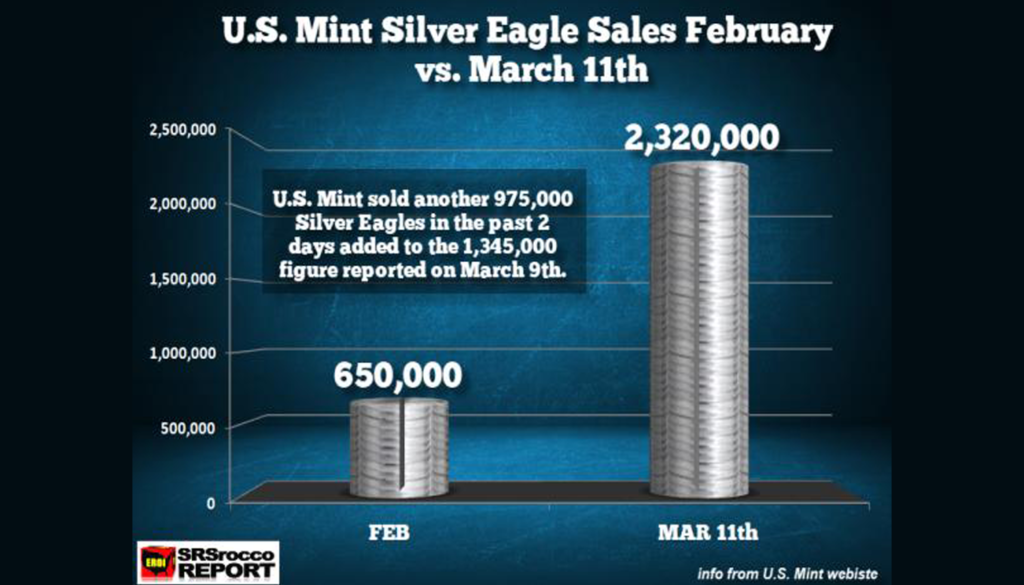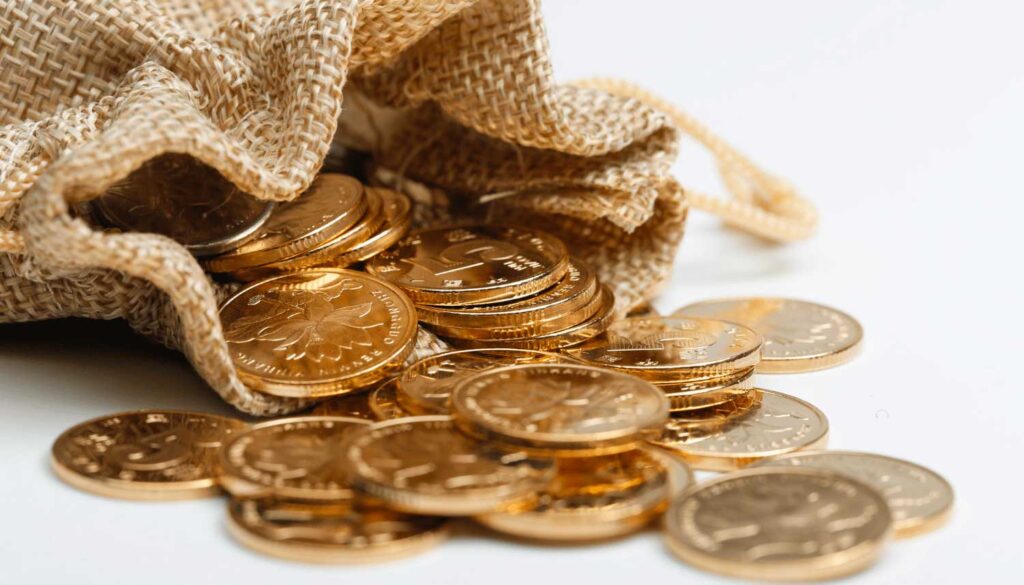LONDON, Feb 16 (Reuters) – Gold fell for the sixth time in seven days on Thursday, under pressure from the drop in the euro after European officials delayed a decision on a bailout package for Greece, which fuelled fears the country could face a chaotic default.
Spot gold was down 0.7 percent at $1,714.66 an ounce at 1525 GMT, while U.S. gold futures for April delivery were down $11.00 an ounce at $1,717.40. The price has fallen in six out of the last seven trading sessions.
It remains up 10 percent in the year to date but is well off the record $1,920.30 it hit last year at a time that bad news from the euro zone tended to have a positive effect on gold, which some saw as a haven from turmoil in other markets.
While gold is tending to behave more as a risk-linked asset, the likelihood of a more protracted sell-off seemed fairly small, given the evidence of ongoing investment demand.
“Clearly, there is mounting concern in the background about Greece,” Standard Chartered analyst Daniel Smith said.
“In reality, we could see a bit more weakness across the board in terms of the metal markets, but I don’t really see much downside in gold,” he said. “Gold is, so far, finding a fairly solid floor around $1,700.00. I would say I think the next move will be up, but it’s a question of timing. There are some big unknowns out there that could throw things out.”
Better-than-expected U.S. economic data boosted the dollar against the yen and helped the euro pare losses against the greenback, but analysts said continued worries about the Greek debt crisis could keep investors wary.
Some European ministers are unconvinced that all of Greece’s political leaders are fully behind the painful and unpopular austerity reforms needed to release the package.
A strong dollar tends to weigh on gold prices by making dollar-priced commodities more expensive for other currency holders and reduces the metal’s appeal as an alternative asset.
Holdings of gold in exchange-traded products, one of the barometers of investor demand, have risen by about half a million ounces so far this month to their highest levels so far this year, around 70.246 million ounces.
GOLD DEMAND RISES AGAIN
Gold demand struck 14-year highs in 2011, driven by record investment, buying in China and central bank purchases, which hit their highest in at least 40 years, according to an industry report from the World Gold Council on Thursday.
Major consumer India’s gold imports slumped 44 percent in the last quarter of 2011, however, as record-high local prices depressed buying interest, and shipments are likely to remain at similar levels this year.
China could overtake India this year as the world’s top consumer of gold, the report said. “(We are) sticking our neck out a bit and suggesting that 2012 will be the first year that China does exceed India in terms of tonnage demand,” WGC managing director for investment, Marcus Grubb, told Reuters.
Silver was down 1.6 percent at $32.83 an ounce, while spot platinum was down 1.3 percent at $1,611.00 an ounce and spot palladium was up 1.6 percent at $684.50 an ounce.
Impala Platinum, the world’s second-largest platinum miner, expects the white metal to trade at between $1,450 to $1,800 ounce this year, the company’s marketing executive Derek Engelbrecht said on Thursday.
A strike at Implats’ Rustenburg mine has been a key factor lifting platinum prices 15 percent this year, making it one of the best-performing precious metals. The company said it did not know when the mine would be back to full output.
Thousands of protesting miners burned tyres and torched a police office near the Rustenburg mine on Thursday as the month-long strike turned violent.
“The stoppage has been costing Implats circa 3,500 ounces of lost platinum production per day, according to the company,” said HSBC analyst James Steel in a note.
“Though a loss of this amount would likely go unnoticed in the larger gold market, the cumulative impact of lost production on the smaller and more finely balanced platinum market is sufficient to shave supply and help bolster prices, we believe.”
Jan Harvey and Amanda Cooper-Reuters-February 16, 2012






